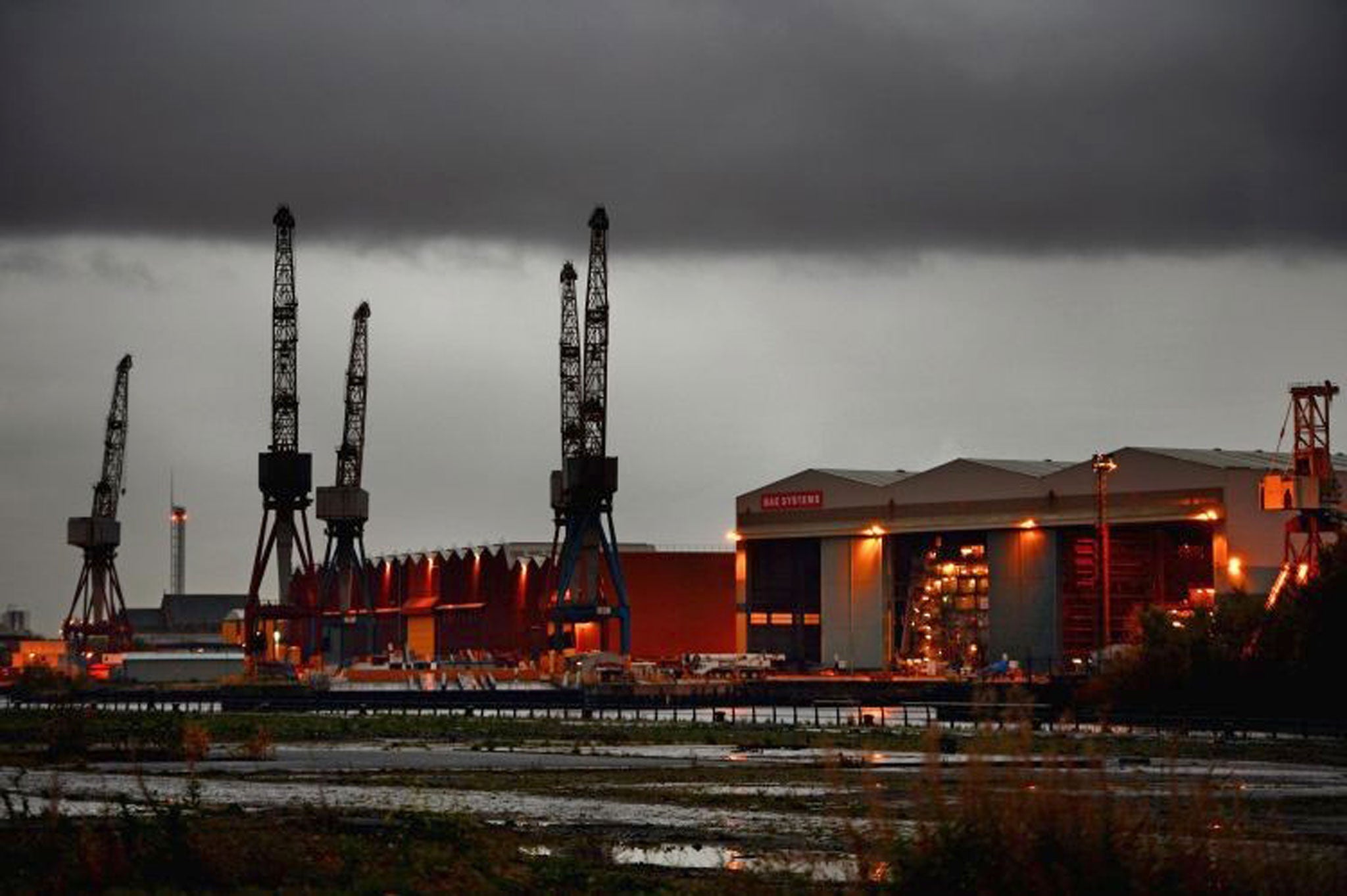Mark Dampier: When even safety first is a risk, go for income and capital growth

Your support helps us to tell the story
From reproductive rights to climate change to Big Tech, The Independent is on the ground when the story is developing. Whether it's investigating the financials of Elon Musk's pro-Trump PAC or producing our latest documentary, 'The A Word', which shines a light on the American women fighting for reproductive rights, we know how important it is to parse out the facts from the messaging.
At such a critical moment in US history, we need reporters on the ground. Your donation allows us to keep sending journalists to speak to both sides of the story.
The Independent is trusted by Americans across the entire political spectrum. And unlike many other quality news outlets, we choose not to lock Americans out of our reporting and analysis with paywalls. We believe quality journalism should be available to everyone, paid for by those who can afford it.
Your support makes all the difference.No other investment has endured like equity income, in my view. Regular readers will know I am a huge advocate of this strategy; its objective of generating both income and capital growth is precisely what the majority of investors seek.
More cautious investors favour the security offered by cash deposits. This comes at a price, as seen over the past five years in a world of historically low interest rates, and also since 1990 when interest rates peaked at 15 per cent. For many, interest paid on cash deposits can no longer be relied upon; the capital never increases and the rate of income is at the mercy of the Bank of England.
Capital invested in the stock market will inevitably rise and fall. Dividends, on the other hand, tend to be more stable; while dividends are not guaranteed, over a period of at least 10 years, one would generally expect dividends to rise. I view equity income as the ideal asset class for "baby boomers" starved of income, and even for the younger generation who can elect to reinvest income and compound returns over a longer period.
My suggestion would be to construct a portfolio of equity income funds, partly for diversification. Furthermore, income payment dates vary from fund to fund – holding a number of funds could increase the regularity of income payments.
I would highlight the Rathbone Income Fund managed by Carl Stick. It is fair to say he went through something of a baptism of fire from 2007-09, leading him to take a fresh look at his investment process. Risk is now very much a focal point, of which Mr Stick considers three main elements: price – the risk of overpaying for a share; financial – the risk of a company being overleveraged (ie too much borrowing); and business – the risk of competition. In addition, there is the effect of inflation, along with sheer bad luck.
In essence, he seeks quality companies with a market-leading position, such as BAE, while a low valuation can provide a buffer against unexpected events. Mr Stick does not define risk as the potential for share price volatility – instead, he views it as the permanent loss of capital; a concern on most investors' minds too.
He is supported by a team of five analysts. They reduce positions if the price risk (or valuation) looks too high, though they aim to strike a balance and will not own low-quality stocks purely because they are cheap. In a toss-up between price and quality they will always err on the side of quality. They are also willing to take significant sector bets without concern over benchmark weightings. This is an important characteristic, otherwise the fund risks mirroring the benchmark index, limiting the extent for potential outperformance.
Exposure to medium-sized companies is currently being reduced. While Mr Stick still views the smaller end of the stock market as an attractive hunting ground, he is taking profits following an exceptional run. The manager feels he can get closer to and gain a better understanding of smaller businesses, though quality is even more important in this area of the market. He won't invest in companies smaller than £200m in size unless he views it as an exceptional business.
Sectors including utilities, oil and gas, consumer staples, and food retailers continue to be avoided. Mr Stick is turning his attention to the wider financial sector, including stocks such as Aberdeen Asset Management, Direct Line, Provident Financial, HSBC and BankUnited. The manager uses the fund's ability to invest up to 20 per cent overseas, though he will only do so when seeking exposure to a theme where there are no suitable UK-listed options.
Some investors continue to focus purely on the security of capital. Herein lies the problem; preventing the potential for capital growth means there is no chance of achieving a return greater than inflation, eroding the potential for any "real" return. In respect of equity income funds, capital values will rise and fall. However, investing with an experienced manager at least provides the opportunity to grow your capital over the long term. In the meantime, you get a return in the form of dividends and over the years, these also tend to rise.
A portion of any portfolio should always be held in cash for emergencies. For those with a long-term investment horizon, I believe carefully chosen equity income funds, such as Rathbone Income, can form the cornerstone of almost any portfolio.
Mark Dampier is head of research at Hargreaves Lansdown, the asset manager, financial adviser and stockbroker. For more details about the funds in this column, visit www.hl.co.uk
Join our commenting forum
Join thought-provoking conversations, follow other Independent readers and see their replies
Comments